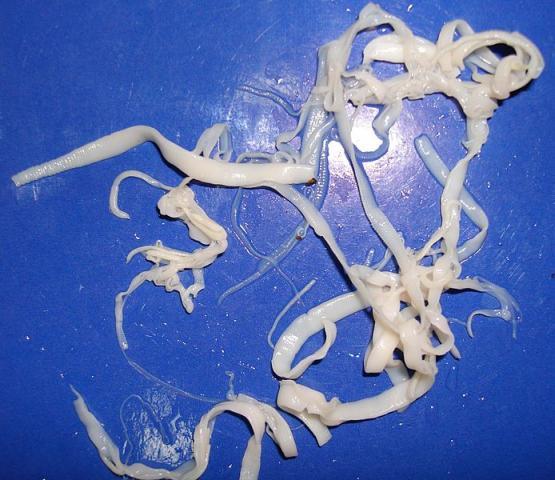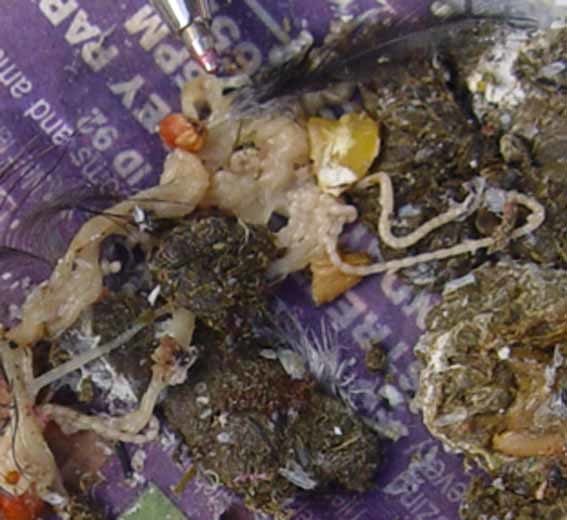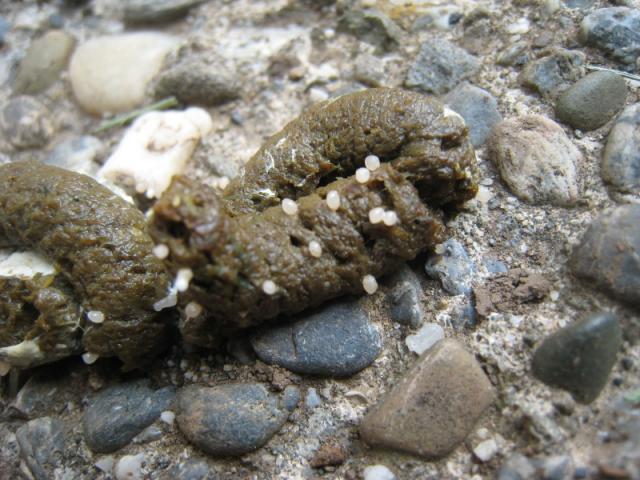Quote:
Does your vet sell DE as a wormer? Does any vet sell DE as a wormer? I need some for my tapeworm cause my regular doctor wont prescribe it for me.

Actually she does but it costs more from her!
Holistic vet huh? How much?
Does your vet sell DE as a wormer? Does any vet sell DE as a wormer? I need some for my tapeworm cause my regular doctor wont prescribe it for me.

Actually she does but it costs more from her!
Holistic vet huh? How much?









